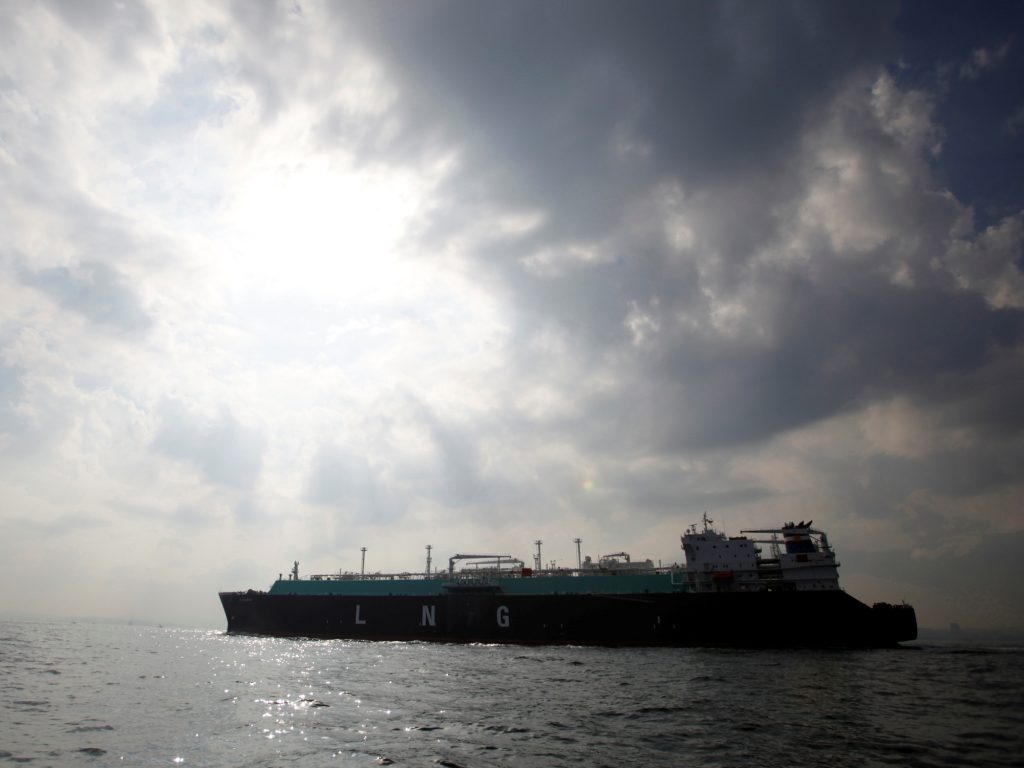 The most knowing delegates at this year’s World Energy Congress continued to worry about the US-Chinese trade war.
The most knowing delegates at this year’s World Energy Congress continued to worry about the US-Chinese trade war.
It has slowed growth and placed the biggest drag on oil prices.
At the same time, however, they were shifting focus to the more momentous and generational event of the decoupling of the world’s two weightiest economies.
Abu Dhabi, United Arab Emirates – If one strains hard enough to listen in the humid heat of this oil-rich kingdom, one can hear the rumblings of the most profound event for global energy markets and the world economy, not only for this year but perhaps for this era:
It is the decoupling of the world’s two weightiest economies, that of China and the United States. The process seems as inescapable as its extent and global impact remains incalculable.
This week’s news that President Trump was delaying by two weeks a tariff increase on $250 billion of Chinese goods planned for October 1, the 70th anniversary of the People’s Republic of China, is unlikely to slow this trend, and neither will China’s responding exemption of pork and soybeans from new tariffs.
The most knowing delegates at this year’s World Energy Congress, who met here this week, continued to worry about the US-Chinese trade war. It has slowed growth and placed the biggest drag on oil prices. At the same time, however, they were shifting more focus to the more momentous and generational event of decoupling.
They saw it in the Liquified Natural Gas contracts that the world’s fastest growing LNG exporter, the United States, wasn’t signing with the world’s fastest growing importer, China. They recognized it in the recent Chinese deal to take an equity stake in Russia’s Arctic LNG 2 project taken by China National Petroleum Corp (CNPC) and China National Offshore Oil Corp (CNOOC).
Delegates also heard decoupling in the only four LNG vessels that have sailed from the United States to China this year, down from 32 in 2018 and 23 in 2017.
LNG has transformed global gas markets dramatically in recent years, driven largely by significant demand in China and the rest of east and southeast Asia. However, in a market where financing is driven by long-term contracts, often even before construction begins, American suppliers are already gauging the potential costs, until recently unanticipated, of lost Chinese buyers.
One can also see decoupling in the oil deliveries not made to China from the United States this year, even though the US has become the world’s largest oil and gas producer and a net exporter. Whereas US shipments of crude oil to China reached half a million barrels a day in summer 2018, they averaged only a third of that in the spring of 2019.
Though delegates had come here to focus on energy markets, the implications of decoupling have begun to touch almost all economic sectors, from aviation and automobiles, from finance and farmers, and from cell phones to semiconductors.
The tit-for-tat tariffs and accompanying Trump tweets have been driving markets all this year, but what traders haven’t even begun to price in is the longer term, structural impact of this decoupling and its particular danger to individual companies. Wary that US leaders fundamentally want to undermine their country’s rise, Chinese leaders increasingly are dissuading or outright preventing their companies from dealing with American partners. Meanwhile, chastened US companies are rethinking supply chains and relocating Chinese-based manufacturing.
No comments:
Post a Comment